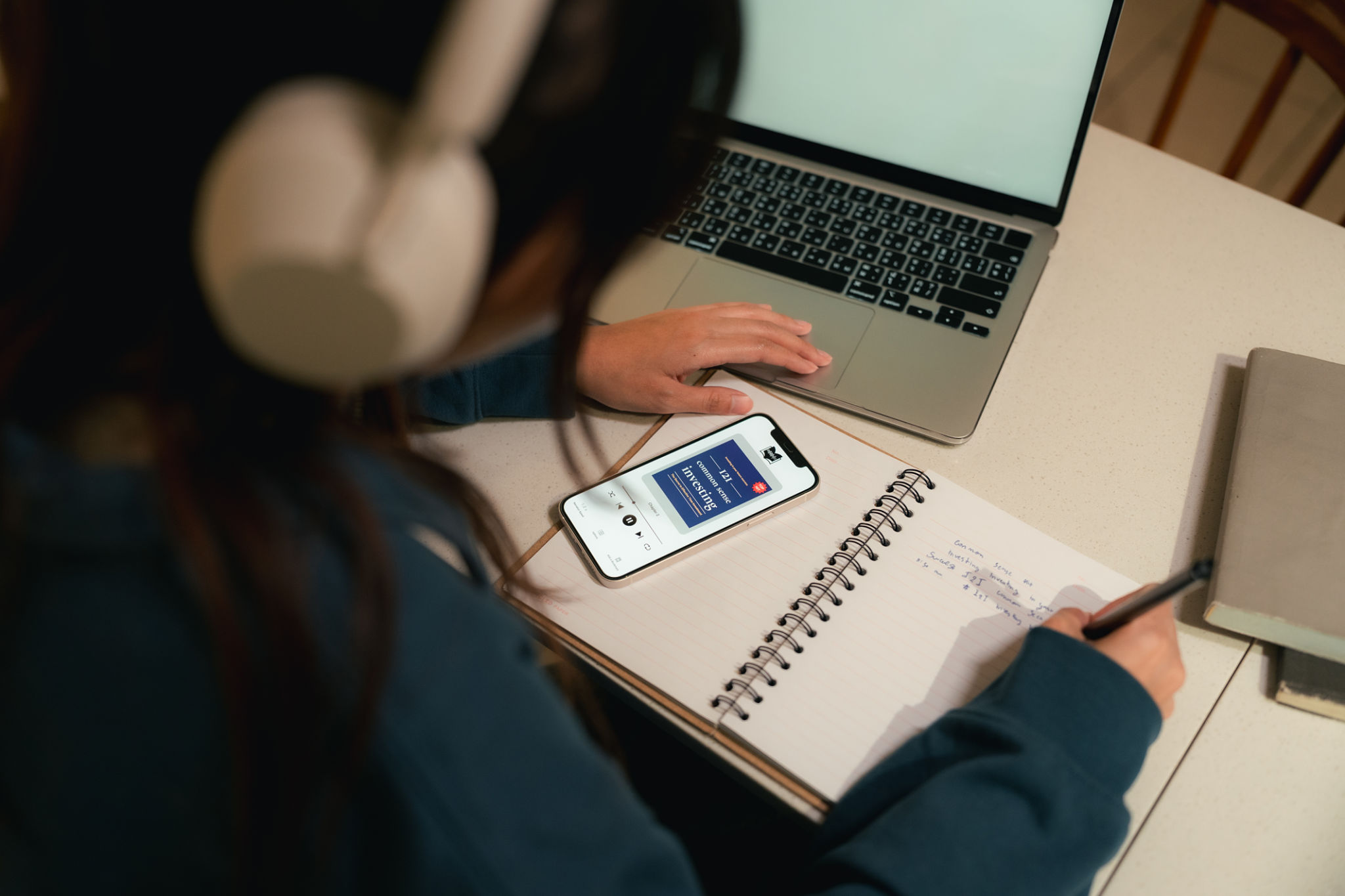The Impact of Virtual Classrooms on UK Education: An In-Depth Analysis
Introduction to Virtual Classrooms
In recent years, the landscape of education in the UK has undergone a significant transformation. The advent of virtual classrooms has revolutionized the way students learn and interact with their teachers. This shift has been driven by advancements in technology and the necessity brought on by global events like the COVID-19 pandemic.
Virtual classrooms offer a flexible and accessible learning environment, breaking down geographical barriers and providing opportunities for students across the country. As institutions adapt to this new mode of education, it’s essential to understand the impact it has on the overall educational experience.

Advantages of Virtual Classrooms
Accessibility and Flexibility
One of the most significant benefits of virtual classrooms is their accessibility. Students who previously faced difficulties attending in-person classes due to distance or personal circumstances can now participate fully in educational activities. This flexibility ensures that education is more inclusive and equitable for all students.
Enhanced Learning Tools
Virtual classrooms are equipped with a variety of digital tools that enhance the learning experience. From video lectures and interactive quizzes to collaborative projects and real-time feedback, these tools provide a dynamic environment that caters to different learning styles and preferences.

Challenges Faced by Virtual Classrooms
Technology Barriers
Despite the advantages, virtual classrooms are not without challenges. One major hurdle is the digital divide, where students from low-income families may lack access to necessary technology or reliable internet connections. This can hinder their ability to participate fully in virtual learning.
Maintaining Engagement
Keeping students engaged in a virtual setting can also be challenging. Without the physical presence of a teacher and peers, some students may struggle to stay motivated. Educators must develop innovative strategies to maintain student interest and participation in a virtual environment.

The Role of Teachers in Virtual Classrooms
In the transition to virtual classrooms, the role of teachers has evolved significantly. They are not just educators but also tech facilitators and content creators. Teachers need to be proficient in using digital tools and platforms to deliver effective lessons and manage virtual classrooms.
Professional development and training are crucial in helping teachers adapt to these new responsibilities. Schools and educational institutions must invest in resources and support to ensure teachers are well-equipped to handle the demands of a virtual learning environment.

Future Prospects of Virtual Education
The impact of virtual classrooms on UK education is profound, and their presence is likely to grow in the future. As technology continues to evolve, virtual classrooms will become more sophisticated, offering even more personalized and immersive learning experiences.
While challenges remain, the potential benefits of virtual classrooms are vast, making them a valuable component of modern education. By addressing current obstacles and leveraging technological advancements, virtual education can continue to enhance learning outcomes for students across the UK.
